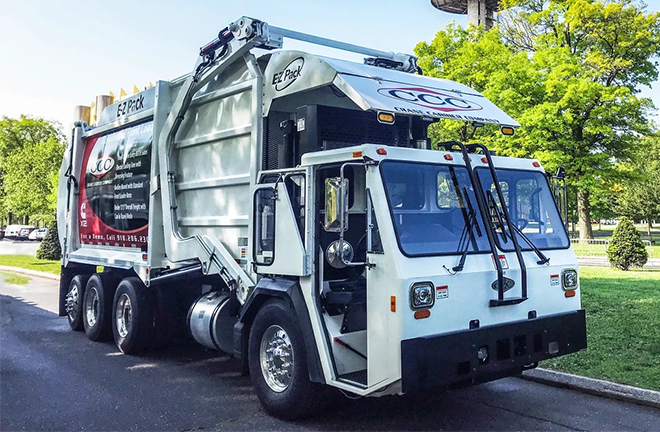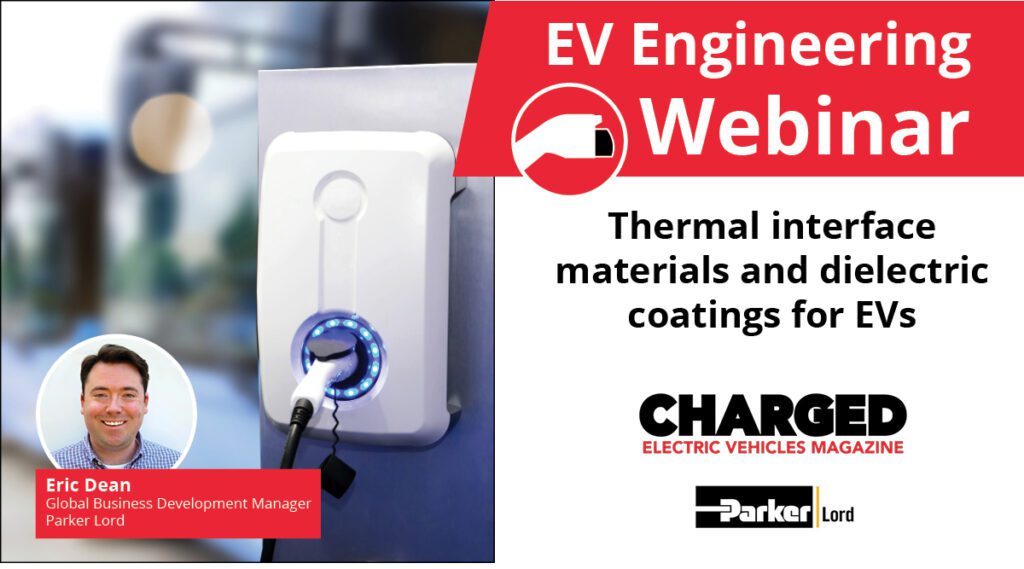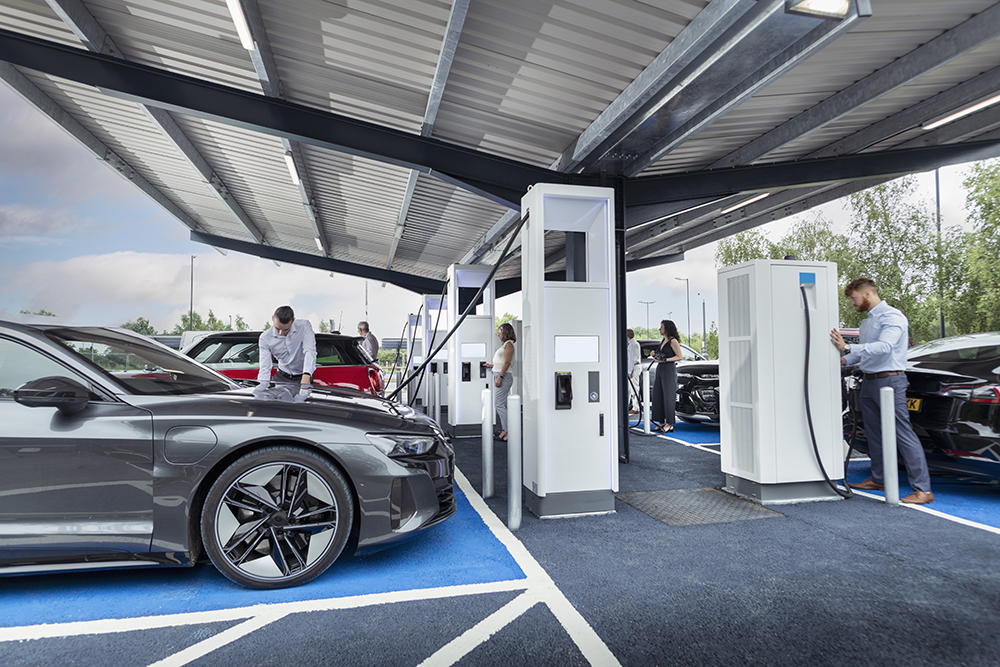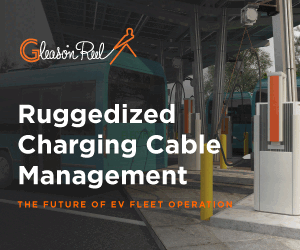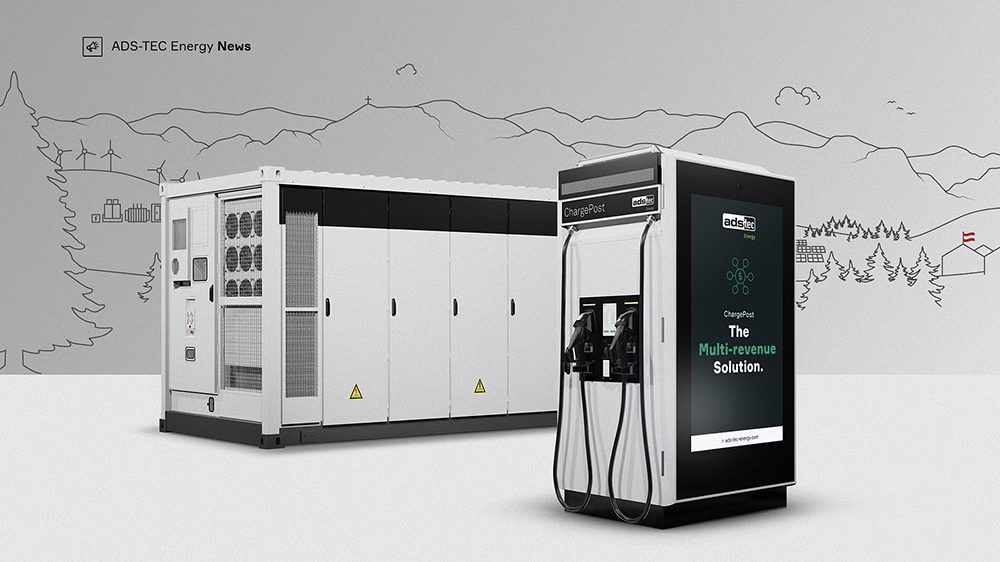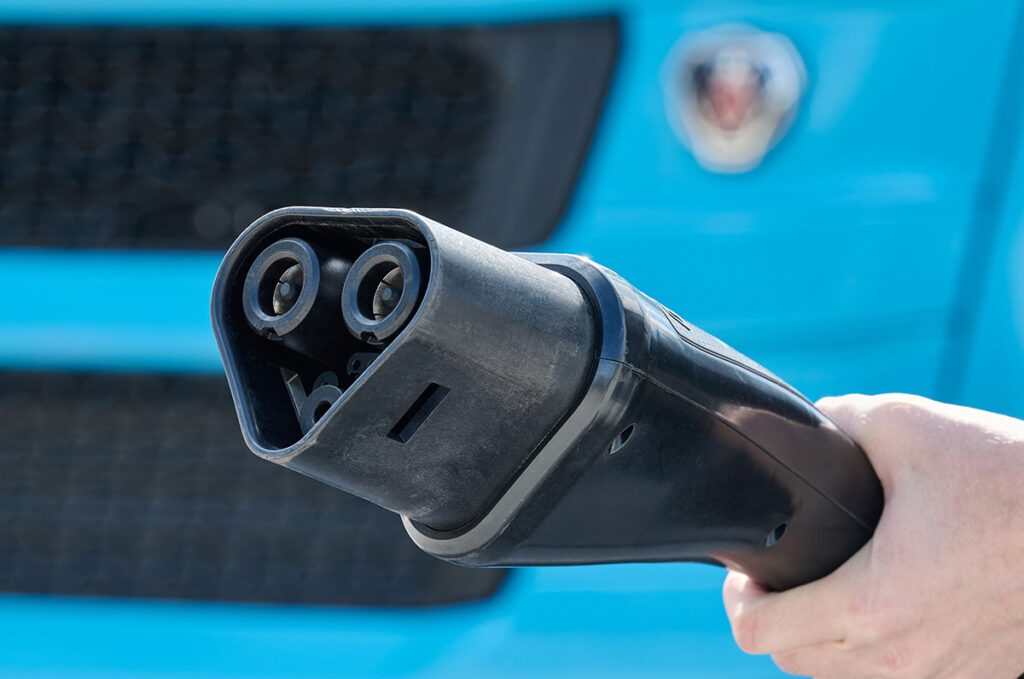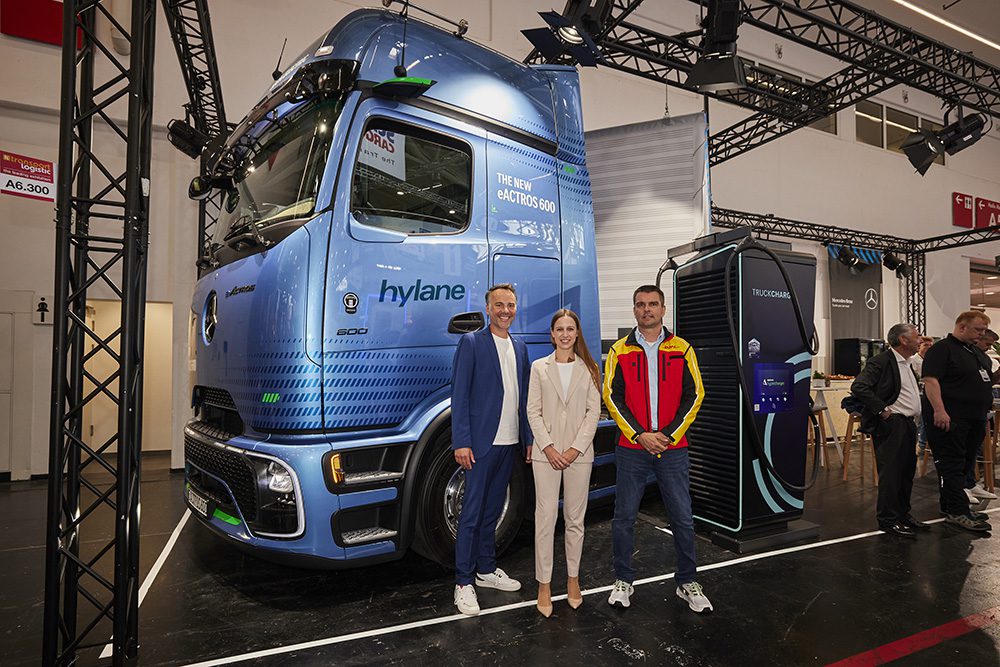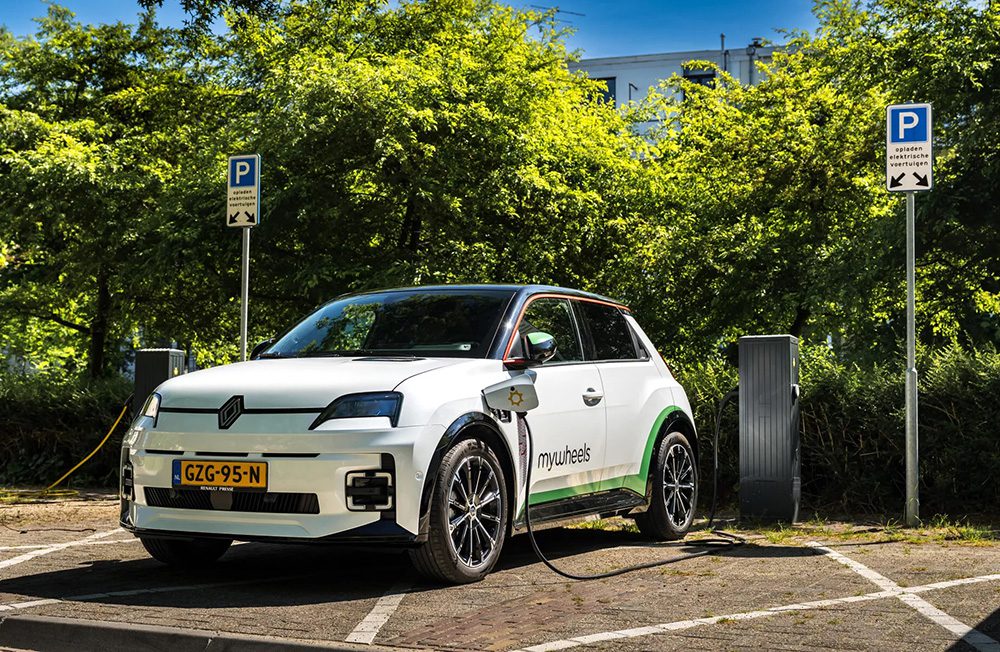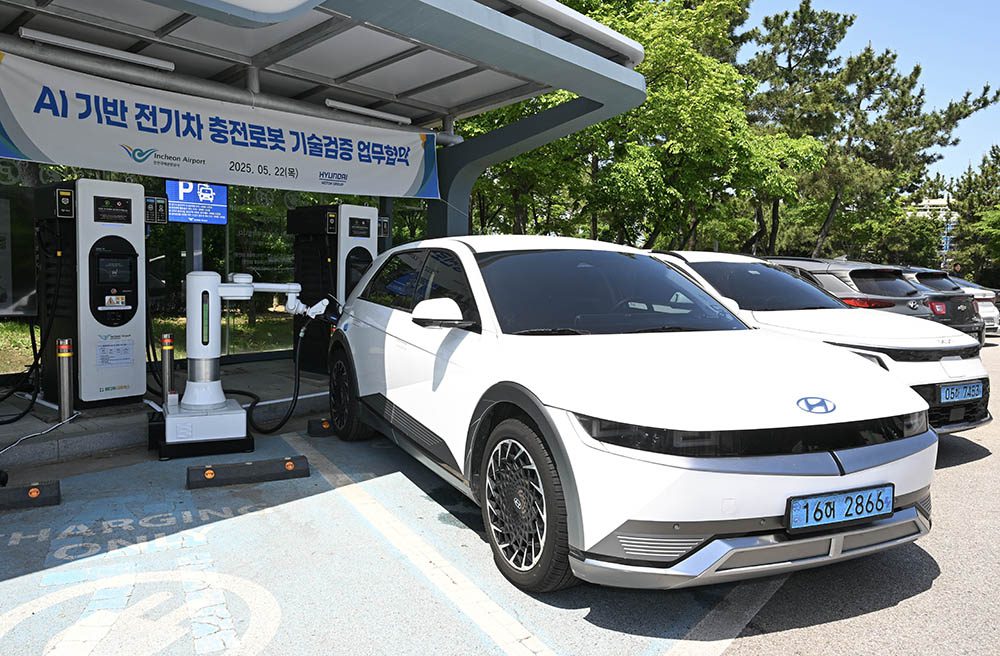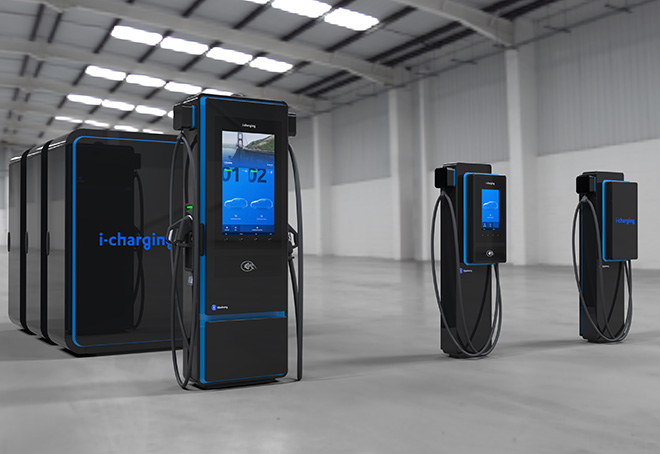For the past few years, the glamorous WasteExpo trade show has featured presentations and discussions of battery-electric trucks. Transport Dive reports that this year, there were several models on display, and one available for test drives. Manufacturers of electric refuse trucks at the show included Peterbilt, Battle Motors and Rubicon.
Various cities around the world have announced plans to convert their refuse truck fleets to EVs. New York aims to make its entire municipal vehicle fleet fully electric by 2040, and Los Angeles hopes to have a zero-emissions fleet by 2035.

The New York City Department of Sanitation began a pilot with the Mack LR Electric truck last September, and has gained some valuable insight about pickup cycles, actual versus expected battery drain, regenerative braking and more. Deputy Commissioner of Support Services Rocco DiRico told Transport Dive that charging presents several challenges, including a lack of sufficient space to complete fleet charging inside a facility.
Robert Potter, Sanitation Solid Resource Manager at Los Angeles Sanitation and Environment, emphasizes that municipalities must not overlook the multiple steps required to provide adequate electrical service.
“Electric is not easy,” he tells Transport Dive. “In our infinite understanding of trucks we have, I personally have a lack of understanding of electricity. So I thought, ‘Hey, I bought an electric truck I plugged into the wall next to the break room, tomorrow morning I’d load it up and drive off.’ That’s not the case.”
Potter found that most of the city’s facilities were not ready to support refuse fleet electrification. They needed to install not only the chargers, but electric boxes, transformers and other peripheral equipment—a process that could sometimes take up to two years.
“If I ordered a truck and I got it in nine months, it may sit for 14 months waiting for the ability to plug it in,” Potter told Transport Dive. “So, you have to be early in the game, looking at your electrical feed at your facilities to ensure that it has enough power—don’t make that assumption.”
Los Angeles Sanitation and Environment is currently negotiating with vendors, and expects to have a truck on the road in Q1 2022.
Source: Transport Dive






